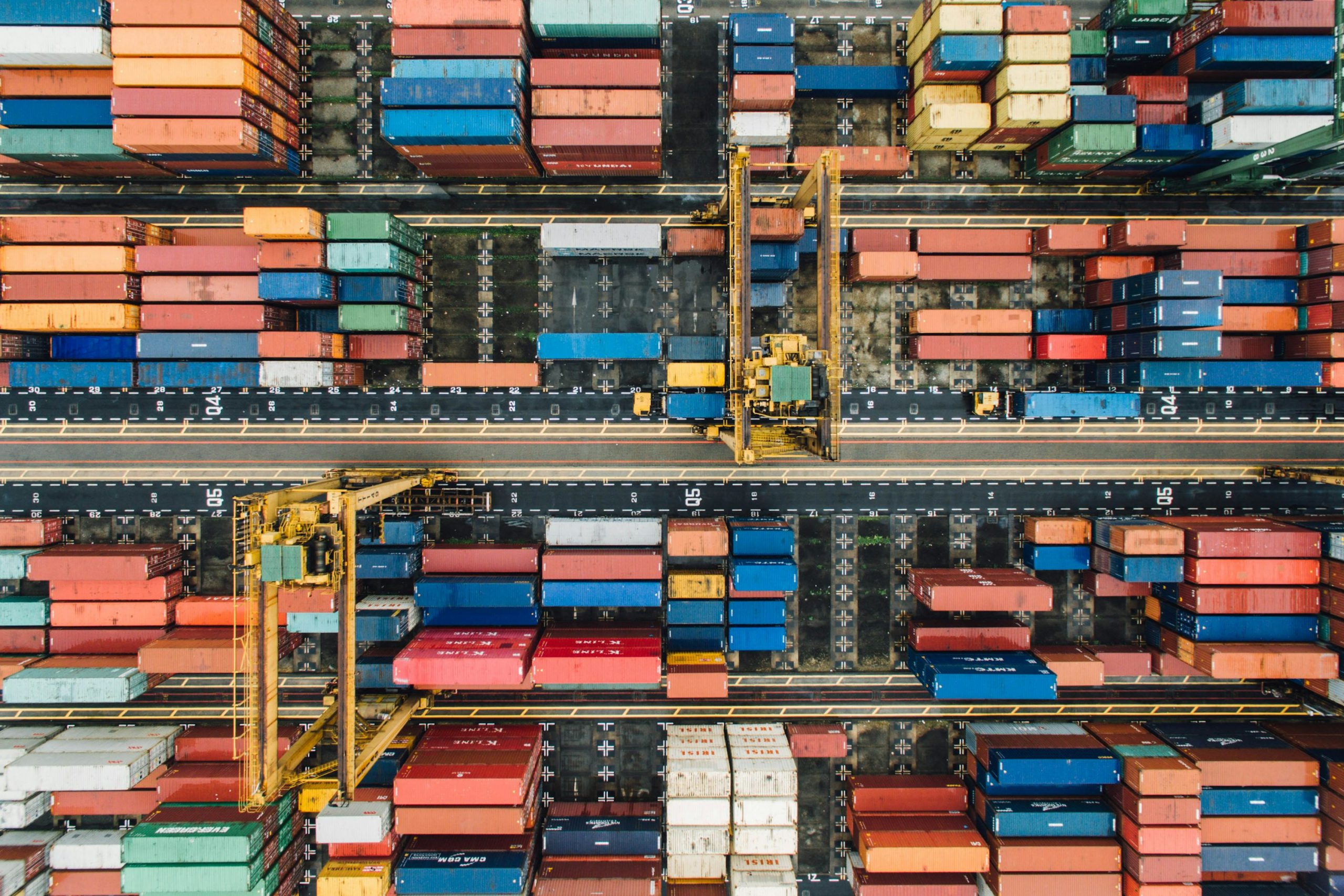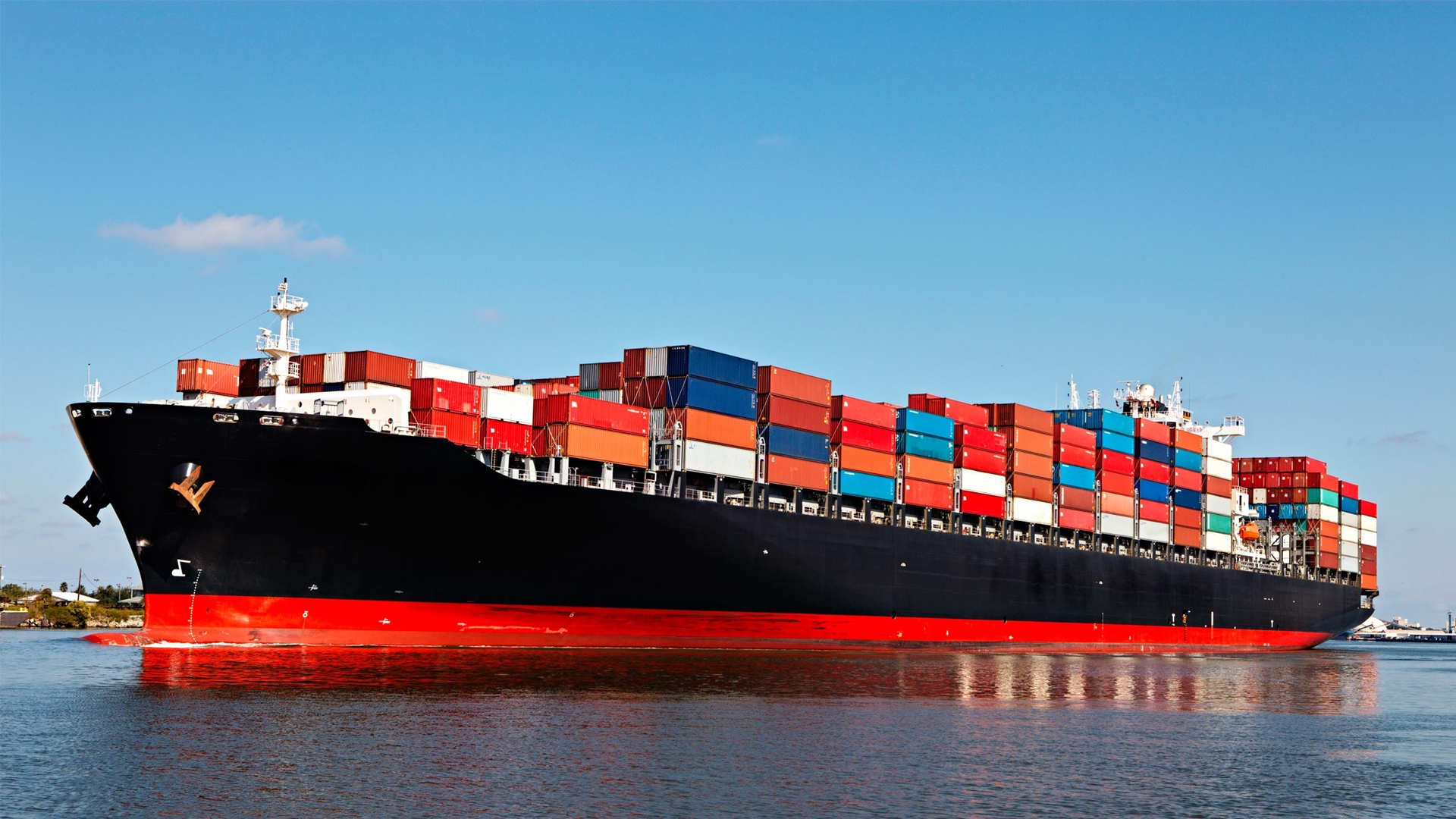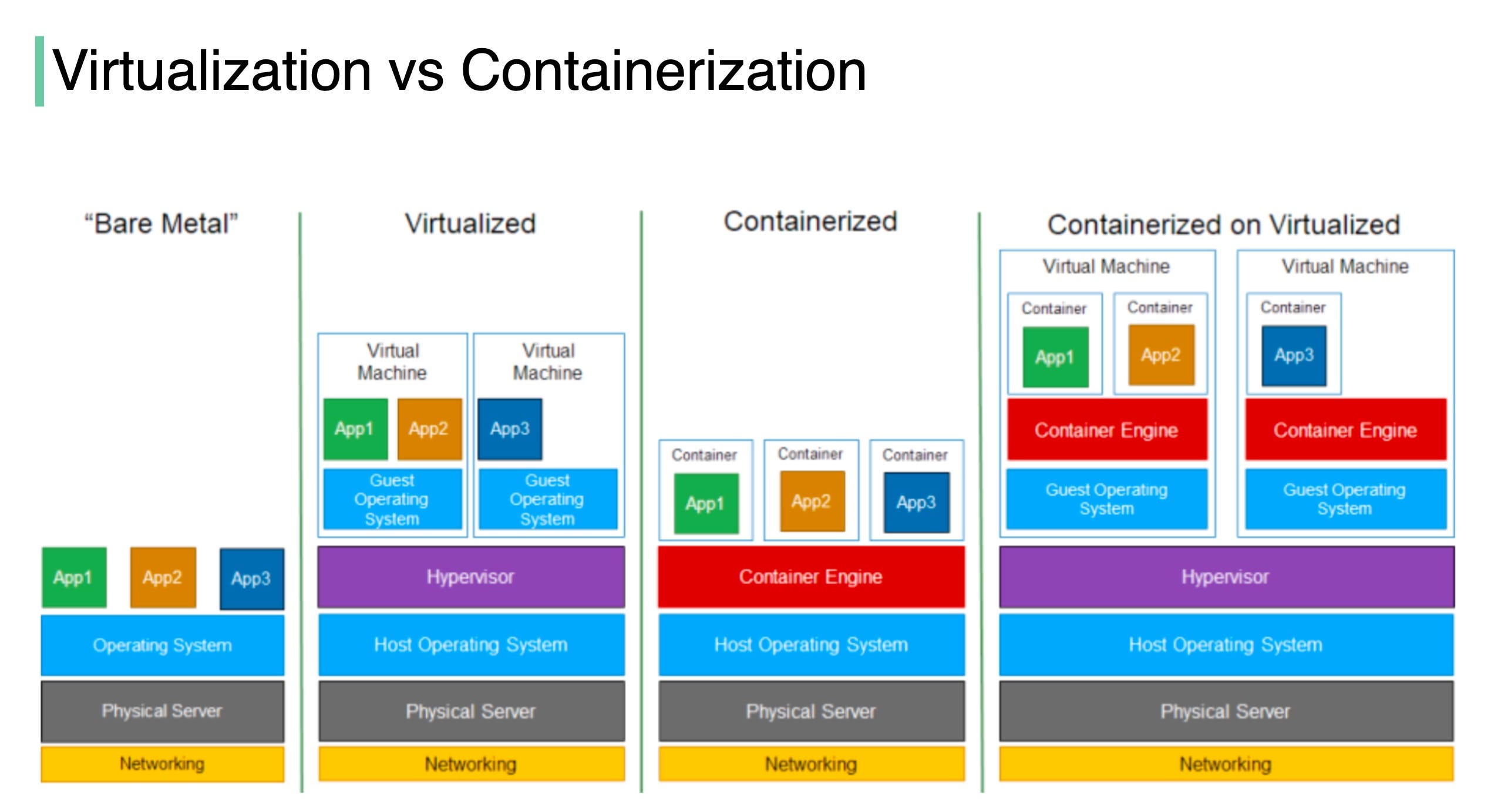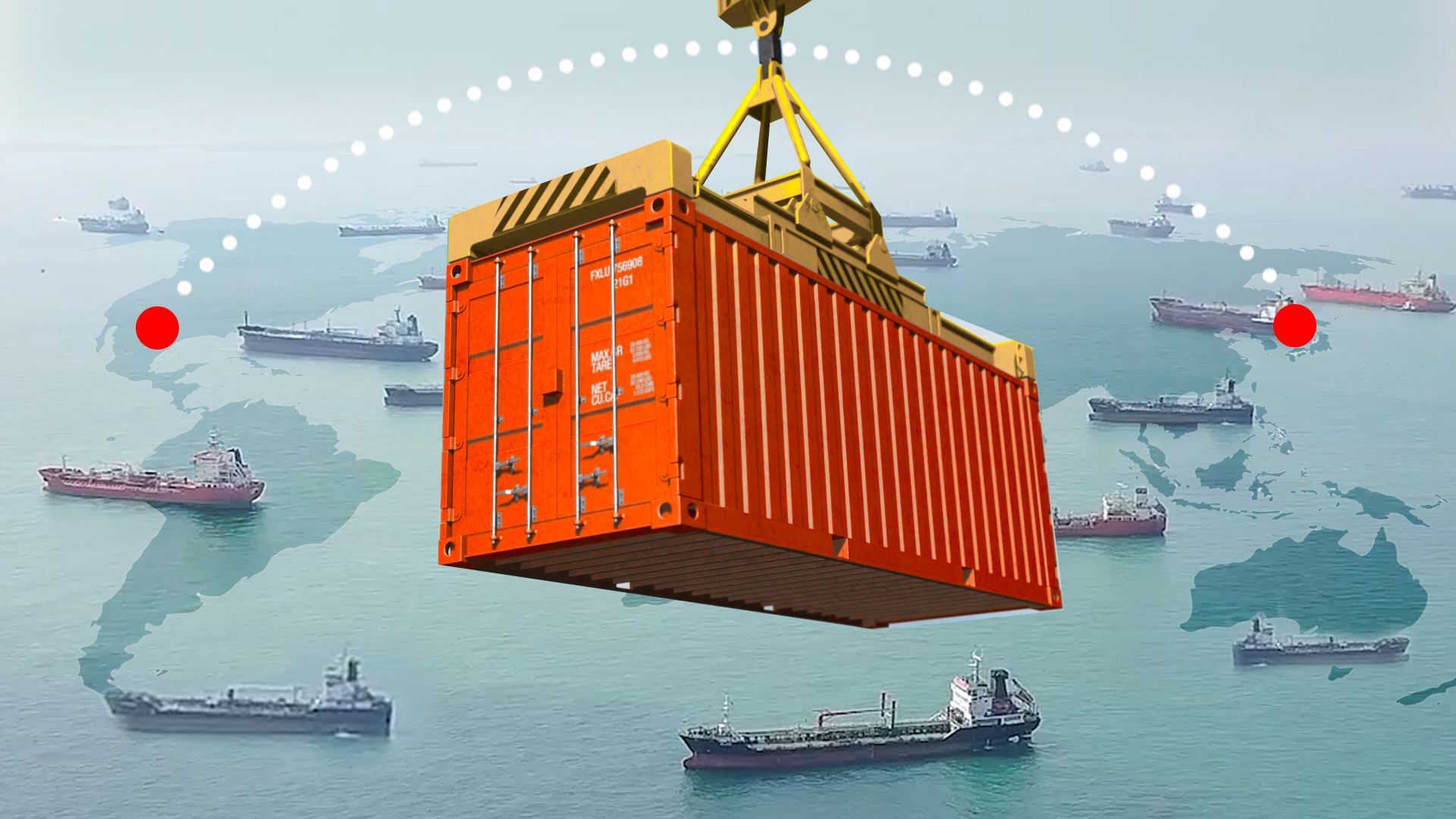Tanker ships are specialized vessels designed to transport liquids in bulk. These vessels play a crucial role in the global economy, facilitating the movement of essential commodities like oil, gas, chemicals, and other liquid substances.
Types of Tanker Ships
- Crude Oil Tankers: These massive vessels transport crude oil from oil-producing regions to refineries. They are typically very large and have a distinctive shape to maximize cargo capacity.
- Product Tankers: These ships transport refined petroleum products such as gasoline, diesel, and jet fuel. They are often smaller than crude oil tankers and may have specialized compartments to carry different products.
- Chemical Tankers: These vessels transport a wide range of chemicals, including acids, solvents, and fertilizers. They are designed to handle hazardous materials and have strict safety regulations.
- Gas Carriers: These ships transport liquefied gases, such as liquefied natural gas (LNG) and liquefied petroleum gas (LPG). They require specialized technology to maintain the low temperatures needed to keep the gas in liquid form.
The Importance of Tanker Ships
Tanker ships are essential to the global economy for several reasons:
- Energy Supply: They transport the majority of the world’s oil and gas, ensuring a steady supply of energy.
- Industrial Production: They deliver crucial raw materials to industries, enabling the production of various goods.
- Global Trade: Tankers facilitate international trade by transporting liquid commodities across vast distances.
Challenges and Future Trends
The tanker shipping industry faces several challenges, including:
- Environmental Impact: Oil spills and emissions from tanker ships can have significant environmental consequences.
- Market Volatility: Fluctuations in oil prices and demand can impact the shipping industry.
- Technological Advancements: New technologies, such as autonomous ships and digitalization, are reshaping the industry.
To address these challenges, the industry is focusing on:
- Safety and Environmental Protection: Implementing stricter regulations and adopting advanced safety measures.
- Efficiency: Improving operational efficiency through technological advancements.
- Sustainability: Reducing emissions and minimizing environmental impact.
Tanker ships will continue to be vital to the global economy, and their role is likely to evolve as technology advances and global trade patterns change.





